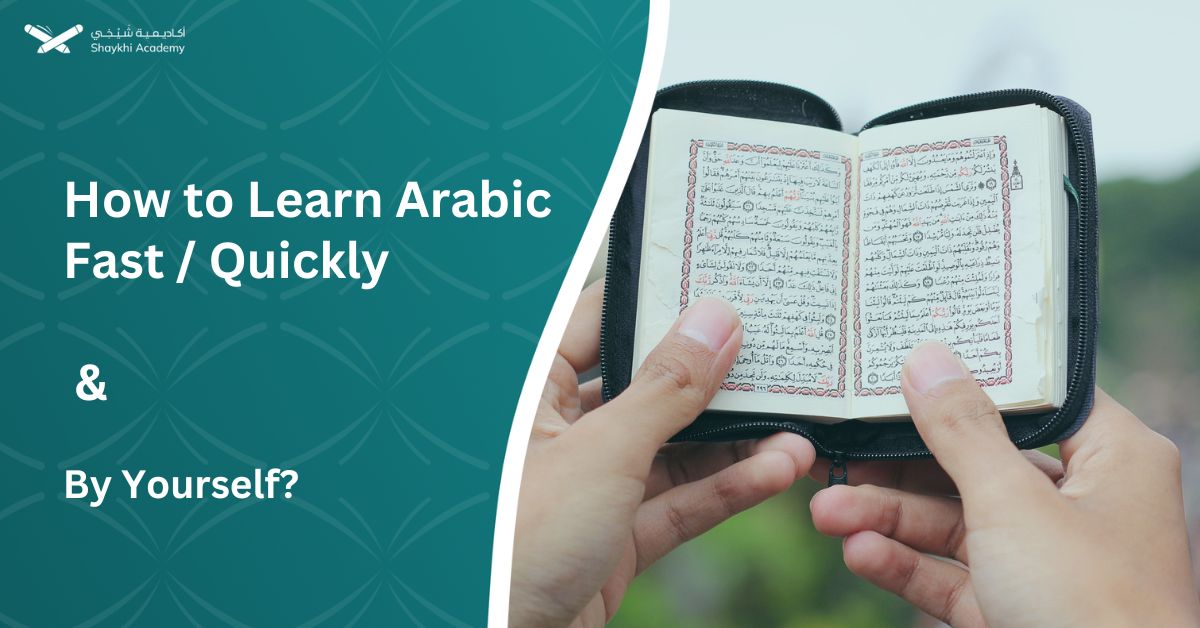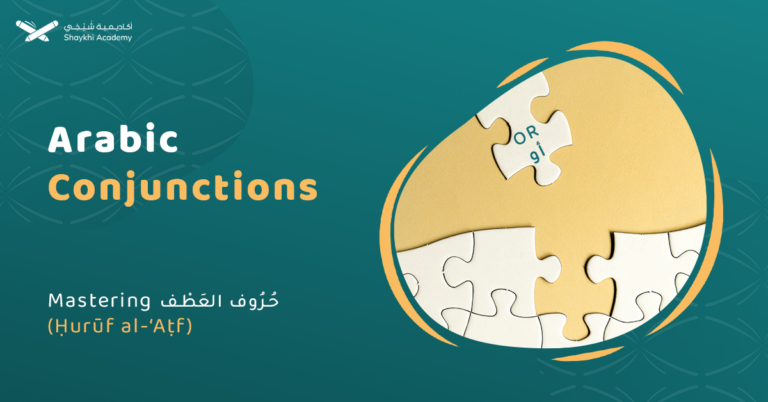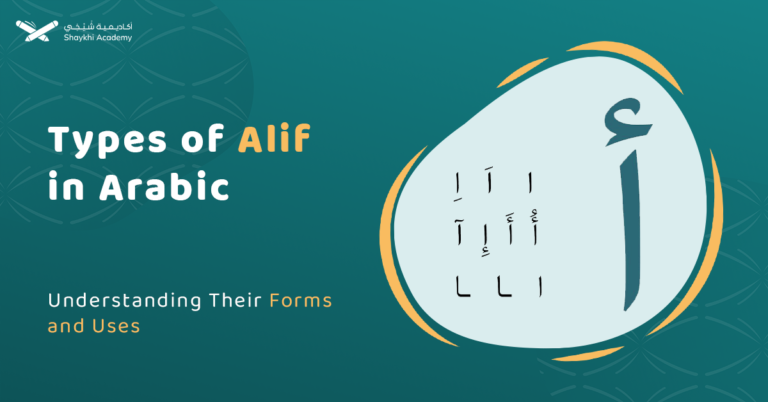Do you want to know How to Learn Arabic Fast? So, you’ve decided to take on the beautiful language of Arabic. Mabrouk! (Congratulations!) Whether you’re drawn by its rich cultural history, religious significance, or simply the challenge of learning a new language, you’re in for a rewarding journey. But how can you learn Arabic fast and quickly but also effectively? Let’s dive in.
In a nutshell, Learning Arabic quickly is possible with the right approach. Focus on mastering the alphabet and pronunciation, building essential vocabulary, understanding basic grammar, and immersing yourself in the Arabic language and culture through media and conversations.
Create a study plan, find a suitable learning program, and utilize resources like textbooks, dictionaries, and flashcards. Consistent practice in reading, writing, listening, and speaking will significantly accelerate your progress.
How to Learn Arabic Fast and Quickly?
Learning Arabic quickly might seem like a daunting task at first, but with the right approach and tools, you can make significant progress in a short amount of time. Here are some of the easiest and fastest methods to help you master Arabic fast and quickly.
1. Start with the Building Blocks: Alphabet and Pronunciation
Arabic has its own alphabet of 28 letters, each with unique shapes depending on where they appear in a word. The Arabic script looks like elegant calligraphy, but it’s your key to unlocking the language.
- Learn the letters and their sounds: Grab a good alphabet chart or use a language app like “TenguGo” which lets you trace the letters. Get comfy with the sounds, especially those tricky ones that might not exist in your language. Like the “خ” (kha), or the “ق” (qaf), a deep sound made in the back of your throat. Arabic has some sounds that might feel foreign at first. Practice those guttural “ح” and “ع” sounds – they’re like secret handshakes with native speakers.
- Example Time: The letter “ب” (ba) looks different at the beginning (بِ), middle (ـبـ), and end (ـب) of a word. Master these shapes and you’re golden!
- Practice: Write out the letters, say them aloud, even try writing your name in Arabic! There are tons of resources online, from YouTube videos to pronunciation apps, that’ll help you nail the sounds.
2. Build Your Vocabulary Arsenal
Think of vocabulary as building blocks. The more you have, the bigger and better your language “house” can be.
- Start with the essentials: Focus on everyday words you’ll actually use. “Hello” (مرحبا – marhaba), “thank you” (شكرا – shukran), “please” (من فضلك – min fadlik), “yes” (نعم – na’am), “no” (لا – la). These are your conversation starters.
- Use flashcards: They’re old-school but they work! Write the Arabic word on one side and the English translation on the other. Quiz yourself, get a friend to help, or use a flashcard app.
- Learn in context: Instead of memorizing random words, learn them in phrases. “أنا جائع” (ana ja’i) – “I am hungry.” This is way more useful than just knowing the word for hungry (جائع – ja’i), right?
- Find a buddy: Chatting with a native speaker is the fastest way to learn new words and slang. You can find language exchange partners online or join language meetups in your area.
3. Grammar – It’s Not So Scary
I know, grammar can sound intimidating. But think of it like a set of rules that help you build awesome sentences.
- Verb Power: Arabic verbs are like chameleons, changing based on tense and who’s doing the action. Start with the present tense, then tackle the past.
- Gender Games: Nouns and adjectives have genders in Arabic, and they have to match up. It’s like a fashion rule, but for words.
- Word Order: Arabic sentences usually follow a Verb-Subject-Object order (VSO). So, “يشرب أحمد القهوة” (yashrab Ahmed al-qahwa) means “Ahmed drinks coffee.” See? It’s not rocket science.
Example: The word order in Arabic is usually verb-subject-object. So, “The man eats the apple” would be “يأكل الرجل التفاحة” (ya’kul al rajul al tuffah). This is different from English, but once you get used to it, it’s pretty straightforward.
4. Immerse Yourself in the Arabic World
This isn’t just about booking a flight to Cairo (although, wouldn’t that be awesome?). It’s about bringing Arabic into your everyday life.
- Arabic Interface: Switch your phone and computer settings to Arabic. Suddenly, “battery” is “بطارية” (batarya) and “settings” is “إعدادات” (e’dadat). You’ll pick things up without even realizing it!
- Watch Arabic movies and TV shows: Even if you start with subtitles, it’s a great way to hear natural conversations and pick up on cultural references.
- Read Arabic Newspapers and Books: Start with children’s books because they use simple language. Newspapers like “الأهرام” (Al-Ahram) can help you with formal language and current events.
- Label Everything: Seriously, grab some sticky notes and label objects around your house. Your “باب” (bab) will become your door, and your “كرسي” (kursi) will transform into a chair.
5. Speak Up and Listen Closely
Language is all about communication, right? So, get those vocal cords warmed up.
- Language Exchange: Find a native speaker who wants to learn your language. You can chat online or even meet up in person. It’s a win-win!
- Conversation Groups: Look for groups where you can practice with other learners. It’s a safe space to make mistakes and improve together.
- Record Yourself: Talk about your day, read a news article, or even sing an Arabic song! Listen back and pinpoint areas to work on.
How Can I Learn Arabic by Myself?
So, you’re ready to take on Arabic solo? That’s awesome! It might seem daunting at first, but learning a language independently is totally doable. Here’s a detailed guide on how to learn Arabic by yourself, filled with practical tips and examples to get you started.
1. Create a Study Schedule
Allocate a specific time each day for studying Arabic. Even 20-30 minutes daily can make a huge difference over time.
- Morning Routine: Spend 15 minutes reviewing vocabulary with flashcards.
- Evening Routine: Dedicate 20 minutes to listening to Arabic podcasts or watching short videos.
2. Find Your Path with a Structured Learning Program
While the idea of diving right into Arabic is exciting, having a structured learning program is crucial. It’s like having a map when exploring a new city – it keeps you on track and prevents you from feeling overwhelmed.
Don’t underestimate the power of textbooks. They offer structured lessons, clear explanations, and exercises with answer keys to track your progress. The “Al-Kitaab” series is a popular choice for beginners.
Online courses offer a virtual classroom experience with video lessons, quizzes, and interactive exercises. Platforms like Coursera, Udemy, or language-specific providers like Shaykhi Academy with its Arabic courses are excellent options.

3. Assemble Your Learning Toolkit
Think of this as your language-learning survival kit.
- Dictionaries: An Arabic-English dictionary is essential. You can get a physical copy or use online resources like Google Translate or WordReference.
- Grammar Guides: Look for a grammar book that explains Arabic sentence structures and verb conjugations in a way you understand.
- Flashcards: These are a classic for a reason! Create your own or use digital ones to memorize vocabulary.
Example: You might use a dictionary to look up the word for “love” (حب – hubb) and then create a flashcard with the Arabic word, its pronunciation, and a simple sentence like “أنا أحب اللغة العربية” (Ana uhib al-lughat al-Arabiya – I love the Arabic language).
4. Read Regularly
Start with simple texts and gradually increase the difficulty. Reading helps reinforce vocabulary and exposes you to sentence structures.
- Children’s Books: Begin with simple stories. For instance, “حكايات جدتي” (My Grandmother’s Stories) can be a great start.
- Arabic Newspapers: As you advance, try reading news articles from sources like “الأهرام” (Al-Ahram). Focus on articles that interest you to keep the process enjoyable.
6. Practice Writing
Writing reinforces learning and helps you practice constructing sentences. For example, you can keep a daily journal where you write a few sentences about your day in Arabic. For instance, “اليوم ذهبت إلى السوق واشتريت بعض الفواكه.” (Today I went to the market and bought some fruits.)
7. Listen Actively
Listening is crucial for improving your comprehension and pronunciation. ArabicPod101 offers podcasts for all levels. You can also find audiobooks of simple stories to start with.
8. Speak as Much as Possible
Speaking is often the hardest part to practice alone, but there are ways to do it effectively.
- Self-Talk: Describe what you’re doing in Arabic. For example, while cooking, you can say, “أنا الآن أقطع الخضروات” (I am now cutting the vegetables).
- Language Partners: Use apps like Tandem and HelloTalk to find native Arabic speakers who want to learn your language. This mutual exchange is a great way to practice speaking and get real-time feedback.
How Long Does It Take to Learn Arabic?
The Arabic language journey can span anywhere from 1 to 7 years. It’s a spectrum, not a finish line. Yes, that’s quite a range, but it reflects the many variables involved. Your learning goals play a major role. If you just want to chat with your Egyptian friend’s family, you can get there a lot quicker than someone aiming to read classical Arabic poetry.
For English speakers, it’s no secret that Arabic can be a bit of a challenge. The Foreign Service Institute (FSI) even ranks it as a Category IV language, meaning it’s one of the tougher ones to master. But don’t let that discourage you! With consistent effort, you’ll be surprised at how quickly you can make progress.
So, what can you realistically expect? With regular, dedicated study:
- Basic conversations: You could be chatting about your day in Arabic within 6 to 12 months.
- Intermediate level: This usually takes around 2-3 years of solid effort, enough to discuss news or hobbies in Arabic.
- Advanced fluency: If you’re aiming for near-native proficiency, you’re looking at 5 years or more.
Ready to Learn Arabic Fast and Effectively?
If you’re looking for the quickest and most effective way to learn Arabic, Shaykhi Academy’s online course is designed to get you speaking, reading, and writing Arabic with confidence.
Our Arabic Online Course covers all the essentials for rapid progress:
- Reading & Writing: Master the Arabic alphabet, pronunciation, and writing skills.
- Grammar: Understand the grammatical rules that shape the language.
- Listening: Sharpen your listening comprehension through interactive exercises.
- Classical Arabic: Dive into the fundamentals of sentence structure and verb usage.
- Common Phrases: Learn essential vocabulary for everyday conversations.
- Conversation Practice: Engage in real-life scenarios to build confidence.
- Numbers: Master counting in both masculine and feminine forms.
- Advanced Concepts: Explore the intricacies of Makharij (points of articulation) and Sifaat (attributes).
Discover Our Range of Courses:
- Arabic Noorani Qaida: Lay a solid foundation for Quranic studies.
- Online Quran Classes for Kids: Engaging lessons for lifelong learning.
- Tajweed Rules for Kids: Learn to recite with confidence.
- Quran Hifz for Kids: Step-by-step guidance to memorize the Quran.
- Quran for Adults: Introduce yourself to Quran reading and Tajweed rules.
- Online Arabic Courses: Master the language of the Quran.
- Islamic Studies: A wide range of topics related to Islam, including theology, law, Quranic studies, Hadith.
Don’t Miss Out on Your Chance to Excel!
Plus, with our flexible online format, you can learn at your own pace, whenever and wherever it suits you.
Don’t waste time with ineffective methods.
Claim your FREE TRIAL and take the fast track to fluency with Shaykhi Academy.

Conclusion
Mastering Arabic is a rewarding journey that requires dedication and patience. By combining structured learning with immersive techniques and consistent practice, you can achieve your Arabic language goals.
Whether you want to engage in basic conversations or attain advanced fluency, the key is to embrace the language with enthusiasm and perseverance. With the right resources and mindset, you’ll be surprised at how quickly you can start communicating effectively in Arabic.















































